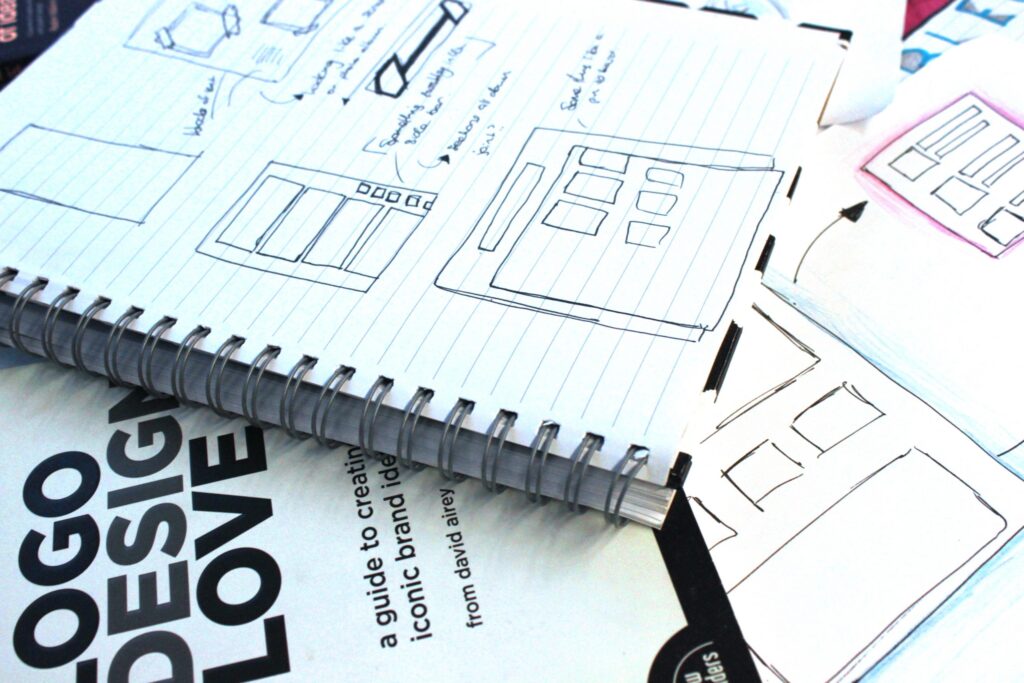Transition Transition
Transition is a tricky time for all children and good transition can mean the difference between floundering and flourishing. As such it is crucial to get it right!
It’s important to prepare pupils who are more likely to struggle with moving to a new school or phase of education. This includes children and young people with:
- Additional learning needs
- Mental health problems
- Behavioural problems
- Limited parental support
- Experience of transient living, such as being in care
- Anxiety
- Experience of being bullied
Primary to Secondary Transition
Working in partnership with primary schools, secondary and SEND schools.
We offer an activity-based programme that develops soft skills and builds self-esteem to help learners make a successful transition from primary to secondary school. It consists of activities designed to develop learners’ skills in 18 key characteristics that will aid their progression.
Helping learners to manage their own learning, recognise their strengths and the characteristics they need to develop, and prepare for their future. It is supported by a range of high-quality teaching and learning resources.
Post-16 Transition
Working in partnership with LEA’s, local secondary and SEND schools and academies we provide bespoke courses as well as infill opportunities onto our post-16 courses for individual Year 10 & 11 students.
Our Pre-16 Programme aims to improve the skills of students who are working below or towards level 1 to develop practical skills and help with students’ transition to further education. There are two pathways available:

Vocational Taster Programmes
These consist of a variety of short practical taster courses to give students an experience of Further Education. Tasters are available in several vocational areas and are tailored to the interests and abilities of students. These courses are non-accredited however, students do receive a certificate of participation.

Entry Level and Level 1 Courses
These accredited courses can be offered across a number of vocational areas including: Life Skills, Preparation for work, Art and Design, Sport, Horticulture, ICT and Creative Media.
